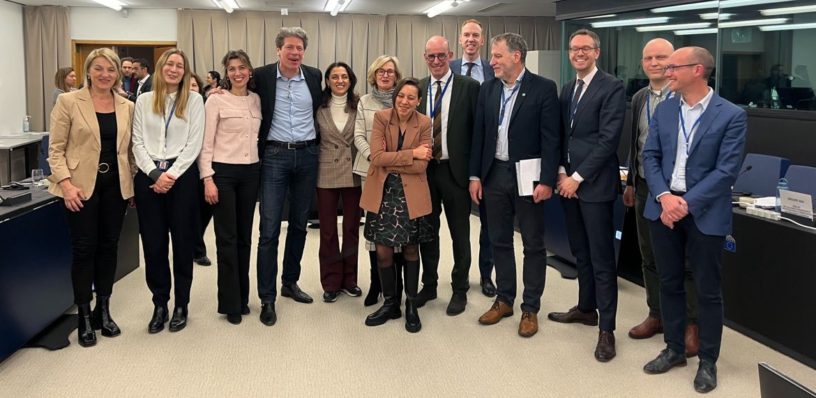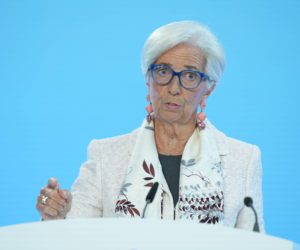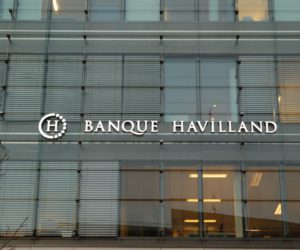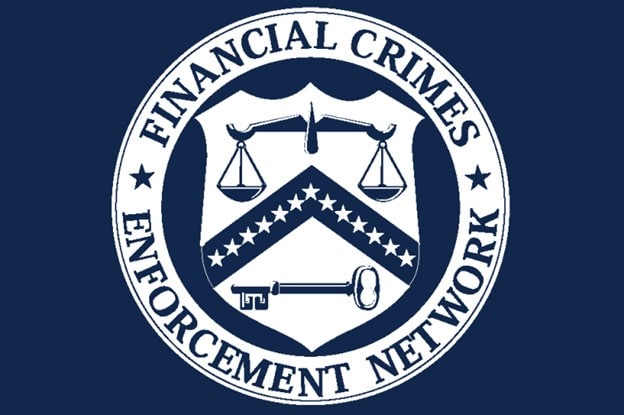By AML Intelligence Correspondents
THE European Union finally agreed the framework of Europe’s new AML Regulation and Directive which will oversee banking, crypto and luxury goods sales.
There were some last minute surprises in the package, including greater scrutiny of High Net Worth individuals.
Banks must “undertake enhanced due diligence measures when business relationships with very wealthy (high net-worth) individuals involve the handling of a large amount of assets.”
“The failure to do so will be considered an aggravating factor in the sanctioning regime,” a statement said.
National governments have been given the power to make football clubs and agents obliged entitites.
While luxury goods sellers – jewellery, yachts and jets – will become obliged entities.
Representatives of EU states and the European Parliament reached the deal in negotiations that concluded in the early hours of Thursday, aiming to end the current differing national approaches to fighting money laundering.
“This agreement is part and parcel of the EU’s new anti-money laundering system. It will improve the way national systems against money laundering and terrorist financing are organised and work together,” said Vincent Van Peteghem Belgian Minister of Finance.
“This will ensure that fraudsters, organised crime and terrorists will have no space left for legitimising their proceeds through the financial system,” he added. Belgium currently holds the six-month presidency of the European Council (body representing member states).
Existing EU anti-money laundering rules will be expanded so that cryptoasset service providers must make checks on customers who carry out transactions worth 1,000 euros ($1,090.00) or more, and report suspicious activity. Cross-border cryptoasset firms must make additional checks.
Traders of luxury goods, such as precious metals, jewellers and goldsmiths, as well as sellers of luxury cars, airplanes and yachts will also have to make checks on customers.
Member states can also include professional football clubs and agents from 2029.
There will also be an EU-wide maximum limit of 10,000 euros for cash payments, making it harder for criminals to launder money, the statement said.
Firms under the scope of the new rules will have to identify and verify people who carry out occasional transactions in cash between €3,000 and €10,000.
The new rules need a formal nod from EU states and full parliament before they become law.
- WE HAVE THE FULL BREAKDOWN OF THE NEW PACKAGE IN OUR ANALYSIS, NEXT








